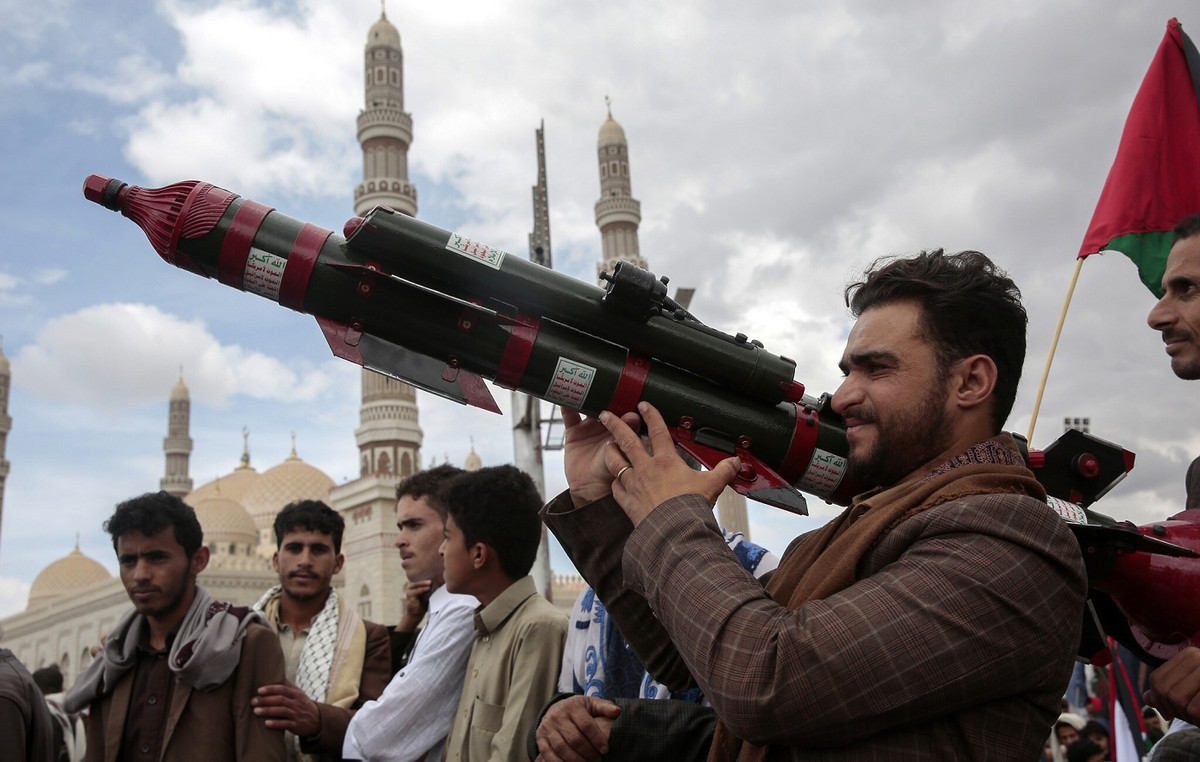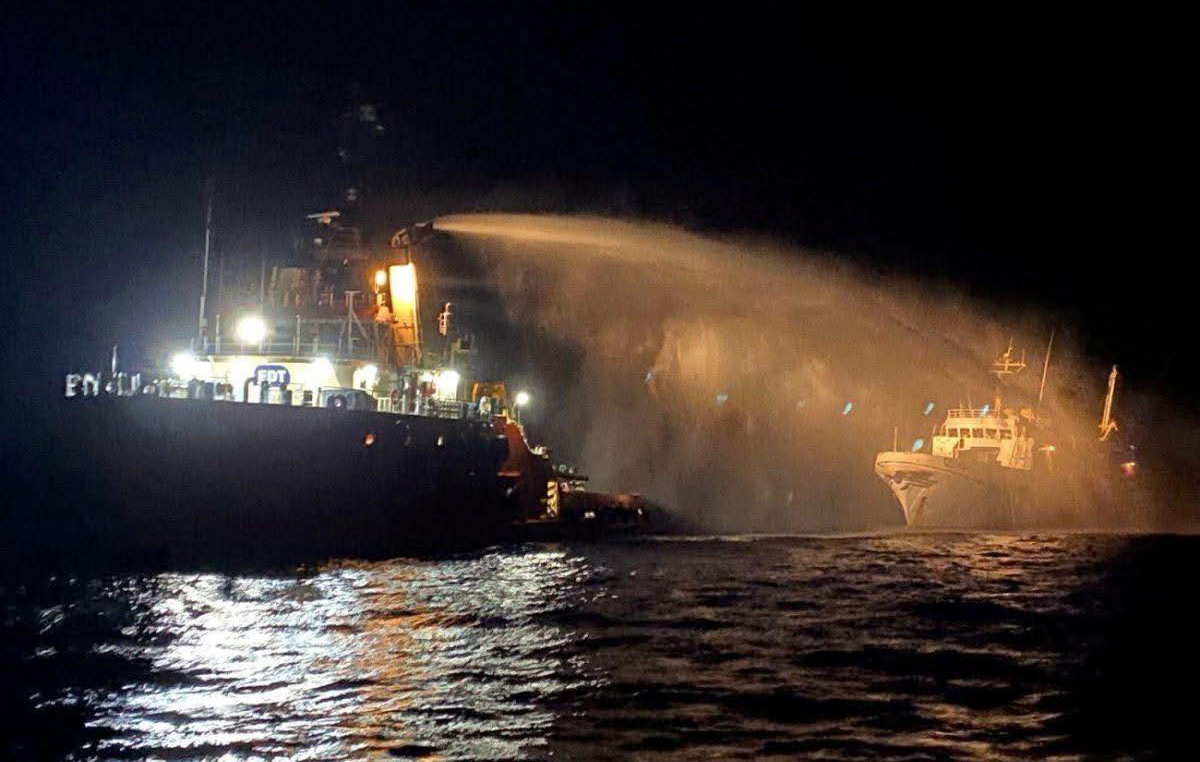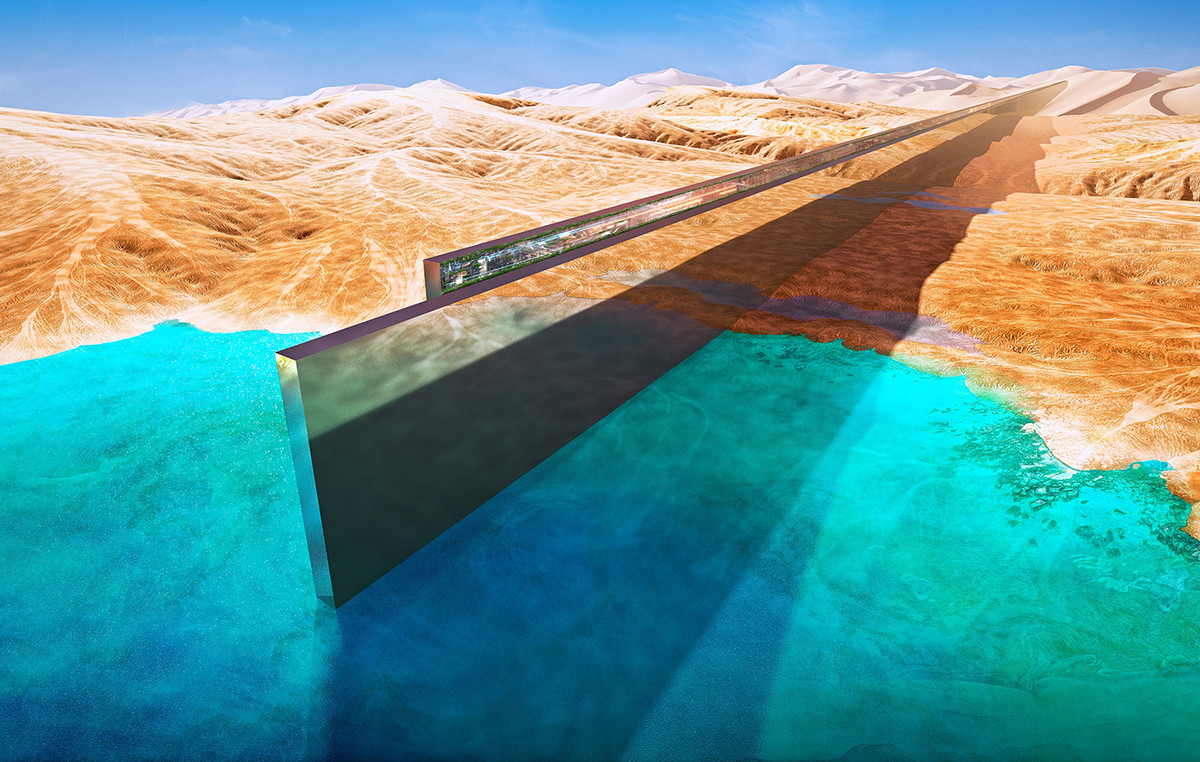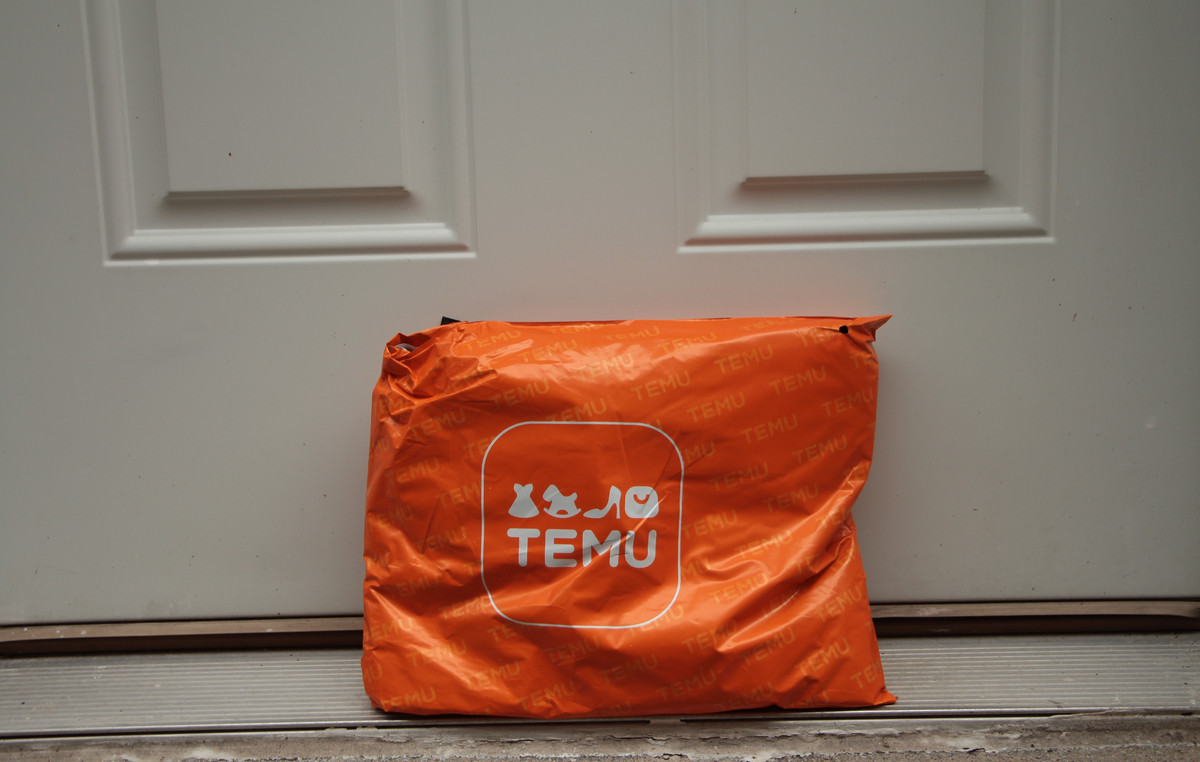The Dominican Republic reported this Wednesday (6) that it did not authorize Haitian Prime Minister Ariel Henry's aircraft to make a stopover in its territory for an indefinite period of time.
According to Dominican government spokesman Homero Figueroa, on March 4 and 5, the governments of the United States and Haiti “informally consulted with the Dominican Republic about the possibility” that the aircraft that would transport Henry from back to Haiti could make an “indefinite stopover” in Dominican territory.
“On both occasions the Dominican government communicated the impossibility of such a stopover, without receiving a defined flight plan”, explained the spokesperson, who also informed that the security of the border with Haiti, a country with which the Dominican Republic shares Hispaniola Island, was reinforced with troops and equipment.
Henry was in Kenya in recent days, where he was finishing negotiating the sending of a multinational mission to support Haiti's security.
According to Figueroa, however, the Ministry of Foreign Affairs said that Henry was in New York after visiting the African country.
On Tuesday (5), he landed in Puerto Rico and there are doubts about when and if he will return to Haiti.
“It is essential to highlight that the Dominican Republic remains willing to continue cooperating with the international community to facilitate Haiti’s return to normality. But it is imperative that any action taken does not compromise our national security”, emphasized the Dominican spokesperson.
In Henry's absence, gang violence calling for the prime minister's resignation intensified in Haiti and terrorized the capital Port-au-Prince. Criminals attacked police stations and the largest prison in the country, allowing more than four thousand inmates to escape and leaving people dead.
Shootings near the capital's international airport canceled flights. The worsening of the crisis led the government to declare a state of emergency and impose a nighttime curfew.
Also on Tuesday, Jimmy Cherizier, leader of an alliance of gangs in the country, warned that Haiti could enter into civil war and experience genocide if the prime minister does not leave power.
Ariel Henry has governed the country since the assassination of then-president Jovenel Moïse, in 2021, and had committed to holding elections and leaving power in February this year.
This Wednesday, the spokesman for the US State Department, Matthew Miller, stated that the US is not pressuring the prime minister to resign, but that it is necessary to accelerate the transition of government.
Gang violence in Haiti has forced more than 300,000 people to flee their homes. Since January, more than a thousand people have died, been injured or kidnapped.
Source: CNN Brasil
Bruce Belcher is a seasoned author with over 5 years of experience in world news. He writes for online news websites and provides in-depth analysis on the world stock market. Bruce is known for his insightful perspectives and commitment to keeping the public informed.







